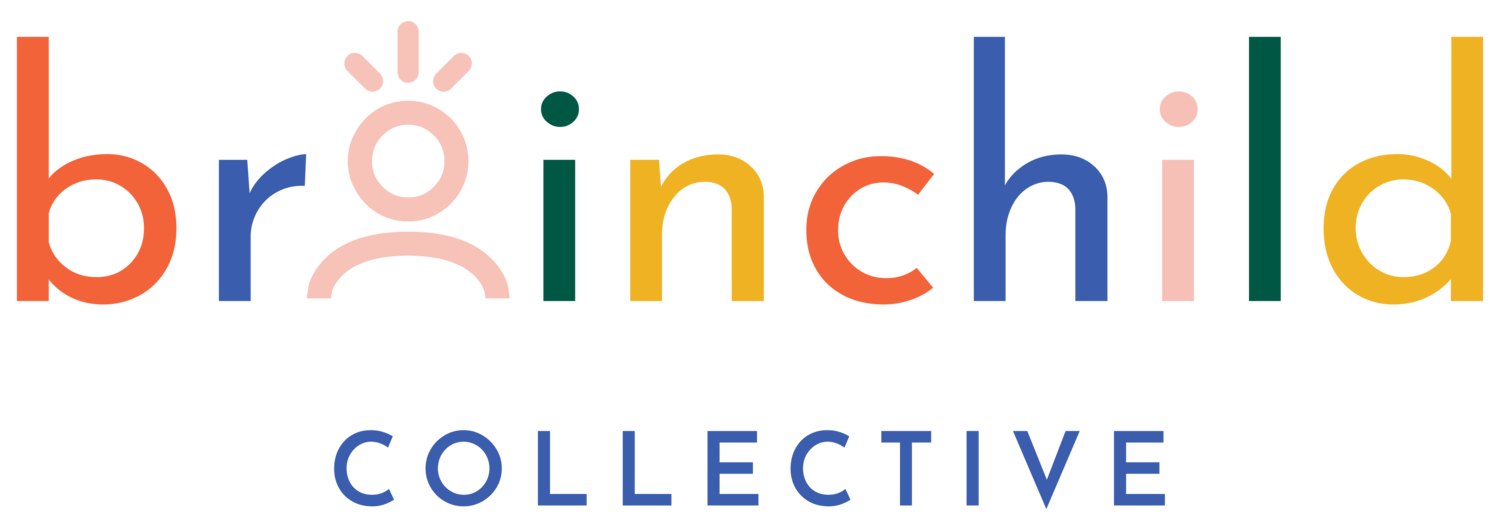Not-So-Obvious Outcomes of an SEL Program
Social-emotional learning (SEL) has received more attention lately as administrators and educators seek methods to help students integrate into classrooms post-COVID. There is a growing body of research that shows that SEL programs can have a positive impact on student outcomes, such as academic achievement, social-emotional competence, and school climate.
In addition to the obvious outcomes of SEL programs that can be measured through student and educator assessments, some not-so-obvious outcomes are worth considering if you plan to add SEL programming to your school. These outcomes are not always as measurable as academic achievement, but they can be just as important.
Increased Resilience
Resilience is the ability to bounce back from challenges and setbacks. SEL programs teach students how to manage their emotions, build positive relationships, and make responsible decisions. These skills can help students to be more resilient in the face of challenges, especially those in under-resourced communities who may deal with greater amounts of stress and trauma compared to students who aren’t in these communities. SEL programming fosters self-awareness, and the ability to regulate emotions will enable students with the tools and techniques to deal with adversity in ways where they don’t internalize situations out of their control.
Improved mental health
As mentioned previously, SEL programs teach students how to identify and manage their emotions. This can help to reduce stress, anxiety, and depression. SEL programs can also help students to develop coping mechanisms for dealing with difficult emotions.
Reduced Problem Behaviors
SEL programs can also help to reduce problem behaviors. SEL programs teach students how to make responsible decisions. This can help reduce bullying, violence, and substance abuse by creating stronger bonds with their fellow students. This awareness enables students to overcome miscommunication challenges and develop conflict-resolution skills by identifying their feelings and communicating these with others.
Increased School Connectedness
SEL programs can also help to increase school connectedness. School connectedness is the feeling of belonging and being supported by one's school community. SEL programs teach students to build positive relationships with their peers, educators, and families. This can help students to feel more connected to their school and to their community.
Improved Classroom Climate
SEL programs can also improve classroom climate. Classroom climate is the overall feeling of safety, respect, and support in a classroom. SEL programs can foster safe spaces for students to explore their identities and emotions. These environments allow students to interact with their peers and educators without judgment, ultimately creating an environment where they feel comfortable being themselves.
Impact on Educators
While SEL programming is geared to help students develop social-emotional skills, this programming style also supports educators in how they facilitate their lessons and manage students within the classroom.
Here are a few ways SEL programs support educators as well:
Improved teacher-student relationships
SEL programs can help educators to build stronger relationships with their students. Educators aware of their and others’ emotions are better equipped to build and sustain positive relationships with their students.
Reduced stress and burnout
SEL instruction provides educators with frameworks and techniques to deal with difficult student emotions in a healthy way. With the right programming partner, educators can learn how to ask the right questions in the classroom to help regulate student emotions which directly leads to better management of student stress and problem behavior.
Increased job satisfaction
SEL programs can also help educators to feel more satisfied with their jobs by helping educators see the impact that they are having on their students' lives. This sense of achievement, along with their own feelings of improved well-being, gives them a feeling of hope which can renew their love for teaching.
Improved teaching skills
SEL programs also can help educators to improve their teaching skills. Most educators who can cultivate social-emotional skills within themselves are able to model this behavior in the classroom, which can have a positive impact on students emotionally and academically. Educators often express they are often calmer, more patient, kinder, and far less controlling when working with students. They’ve learned to become more optimistic when things don’t work as planned and work to see the good that can come from unexpected change.
The benefits of SEL programs are not just limited to academic achievement. SEL programs can also have a positive impact on student resilience, mental health, problem behaviors, school connectedness, classroom climate, and creating a more just and equitable society. These not-so-obvious outcomes are as powerful as academic instruction when developing well-rounded young people.
Interested in bringing SEL to your school this year? Schedule a call with our team to learn more.

